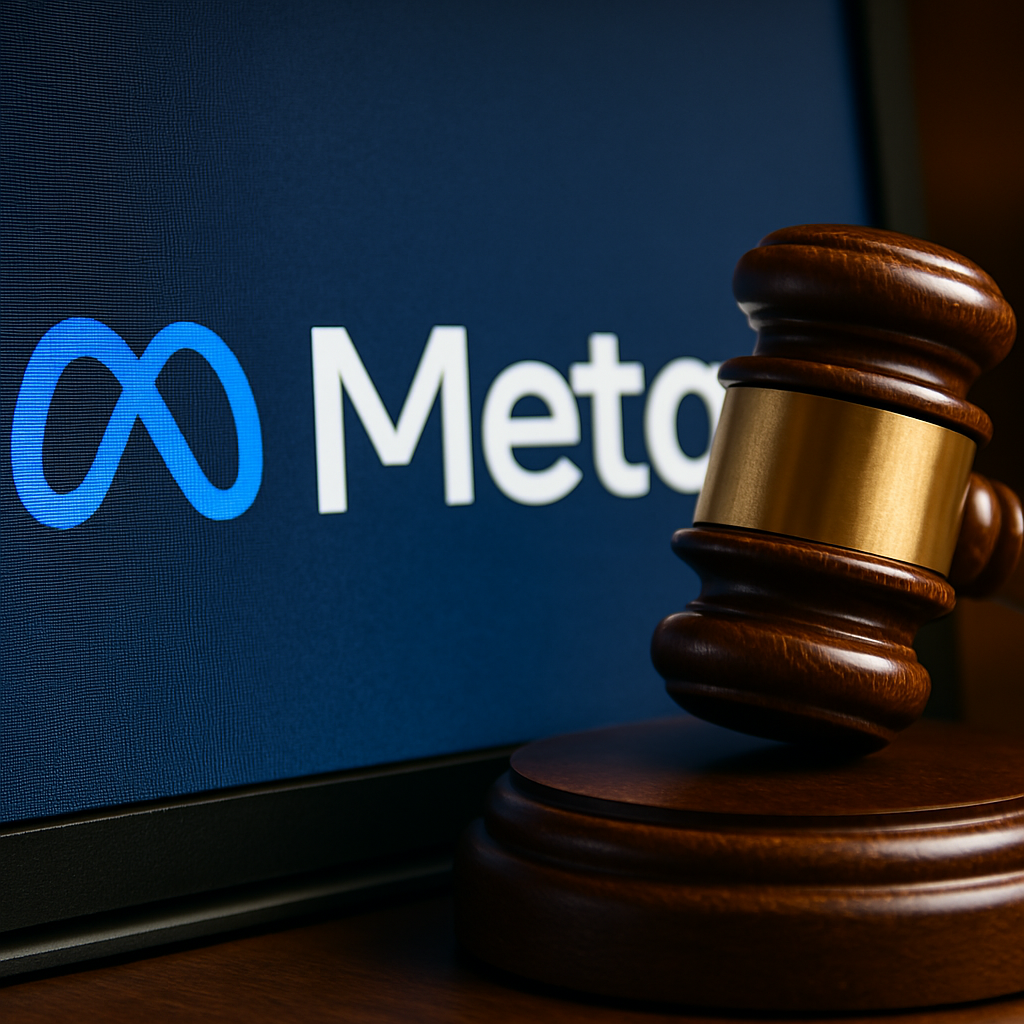Meta Faces $2.4 Billion Lawsuit for Allegedly Fueling Violence in Ethiopia
Meta Platforms, Inc., the parent company of Facebook, is facing a $2.4 billion lawsuit in Kenya that accuses the tech giant of playing a direct role in inciting violence and ethnic conflict in Ethiopia. The lawsuit, filed on behalf of Ethiopian plaintiffs, claims Meta’s failure to curb hate speech and misinformation on its platform contributed to hundreds of deaths and human rights violations.
At the heart of the lawsuit is the claim that Facebook’s algorithms promoted violent and hateful content targeting specific ethnic groups. Plaintiffs argue that Meta had the ability—and the responsibility—to moderate such content but chose not to act swiftly, even after being repeatedly warned about the dangers. The suit also cites internal whistleblower testimony suggesting that Meta prioritized engagement and profits over the safety of users in vulnerable regions.
Legal documents reveal that the lawsuit has been brought under Kenya’s legal jurisdiction because Meta’s content moderation hub for sub-Saharan Africa is located in Nairobi. The plaintiffs argue that since Facebook operates its regional services from Kenya, the country’s courts have the authority to hold the company accountable.
Human rights groups supporting the lawsuit claim Meta’s negligence goes beyond a regional issue and reflects a systemic failure to enforce content moderation standards outside of major Western markets. They point to documented instances where posts inciting violence in Ethiopia remained on the platform for extended periods, even after being flagged. In some cases, the content was only removed after violence had already occurred.
Meta has denied any wrongdoing and issued a statement asserting its commitment to content moderation and user safety worldwide. The company insists that it has invested heavily in AI and human review systems to detect hate speech and misinformation in multiple languages, including Amharic, spoken widely in Ethiopia. However, critics argue that these measures came too late—and in insufficient volume—to prevent real-world harm.
Legal analysts note that this case could have significant implications for tech companies operating globally. If the Kenyan court rules in favor of the plaintiffs, it would set a precedent that social media platforms can be held legally responsible for violence tied to algorithm-driven content promotion. It could also open the door to similar lawsuits in other jurisdictions, especially in regions where ethnic and political tensions are easily inflamed by online rhetoric.
For Meta, the stakes are not just financial but reputational. The lawsuit adds to a growing list of legal challenges around the world questioning how social media platforms balance free expression, safety, and responsibility. It also underscores the risks of platform misuse in areas with limited content moderation infrastructure and legal oversight.
The outcome of this case may determine whether multinational tech firms can be held accountable in local courts for failing to protect users from foreseeable harm. More importantly, it could force platforms like Facebook to invest more equitably in safety measures across all regions—not just where headlines are loudest.


